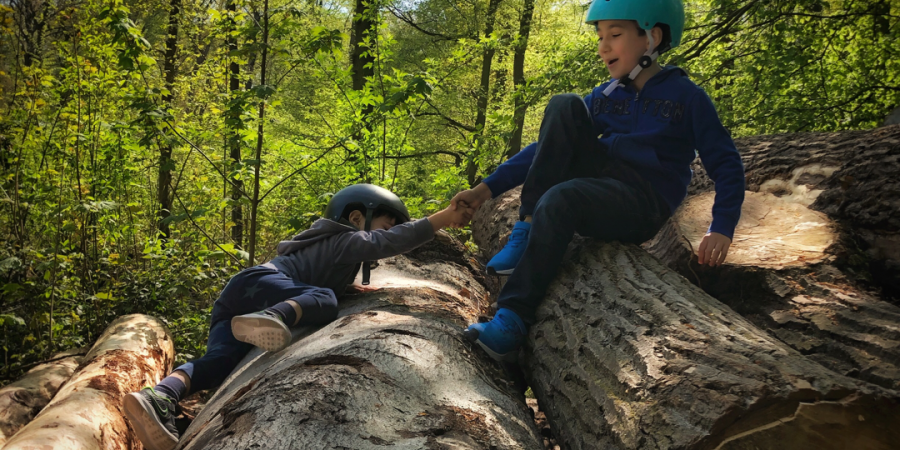Fraternal bonding is one of the most significant possibly experienced over a lifetime. It is a relationship based on reciprocity and intensity and considered the first gym of social life. In this sense, it promotes those skills that allow you to enter into relations with the other such as empathy, cooperation, negotiation, and taking care. It also offers identification models different from parental ones.
The bond between brothers and sisters is a special bond that we do not choose. It is the blood that unites us, and it is the experiences of everyday life that build a relationship in which gender or age does not matter.
Otherwise, only children seem to be more exposed to the risk of not being able to share in an equal relationship. The anxieties and family tensions – absorbing them all on themselves. Complicity is the key.
A solution could be represented by allowing only children to attend contexts in which to confront other children. Also, to help them develop social skills related to the comparison and management of frustrations, as well as to share and be an accomplice.
Those with many siblings must share the parents’ attention with others but learn early to manage conflicts and consider the other’s point of view.
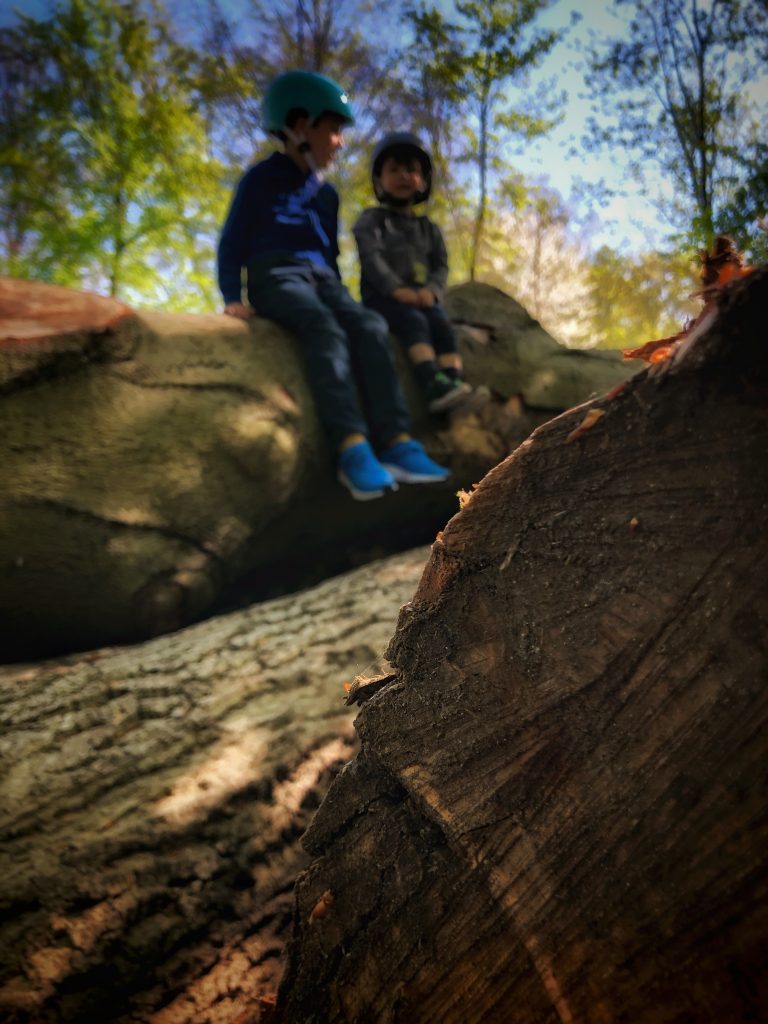
During childhood, kids develop specific strategies, for instance, to attract the attention of their parents. Siblings fight with each other in the early years, and there are lots of battles of great importance for many different issues. Bites, tears and shouts. Making peace. And fight again. Even if all these conflicts seem to be a nightmare while living them in daily family life, it all changes. Once they reach maturity, they usually put aside the differences of the past and take care of each other.
Sometimes, the relationship between brothers and sisters can be complicated. It can have its divergences and its years of jealousy and childhood quarrels. But, it almost always flourishes in adulthood – the strength of a bond! It is precisely our brothers who have forged many characteristics of our identity, and they are the ones who support us in the most challenging moments.
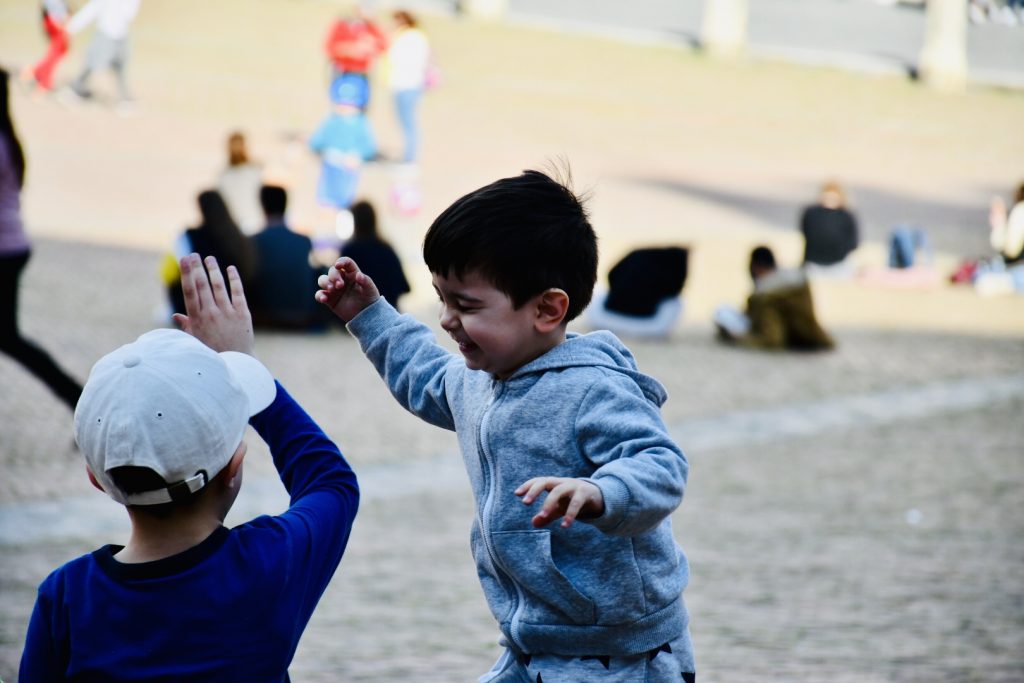
We all know that in childhood and adolescence, children look for their place in the family. Small envies arise, periods of confrontations and moments of excellent cooperation that, in one way or another, mark us for the rest of our lives.
Some have an ambivalent relationship with their brothers and sisters. Many people have a complex bond: our character may not get along with their ideas, their values or their passions.
Some relationships are “good”- close, intimate. Others maybe not so united – competitive, hostile, conflicting. It is, therefore, easy to think of this relationship in terms of polarity. On the one hand, cooperation, solidarity and mutual support, on the other hand, competition, a conflict that can trigger mutual rejection and hatred.
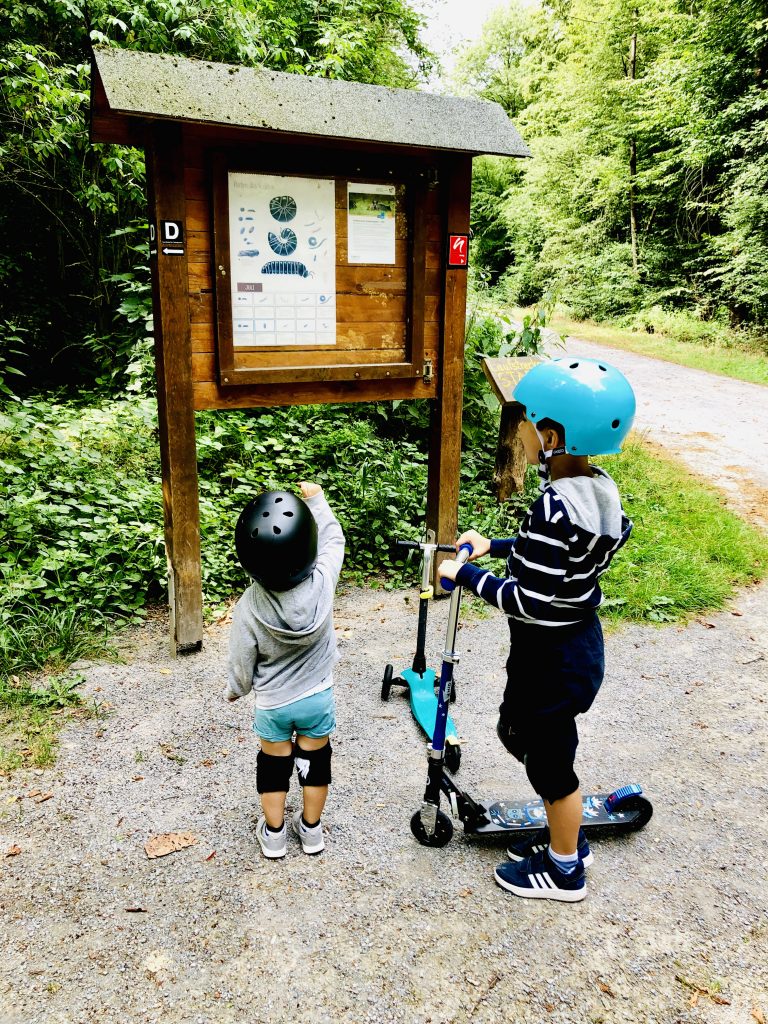
But what’s more important of all, brothers help us socialize. They represent the first social scenario where we begin to understand what it means to share, manage emotions as intense as anger or envy. That means wearing someone else’s shoes to develop empathy.
Especially in case of being a sibling of a child with any disability. This unique and hugely crucial relationship, both beneficial and challenging for both sides.
It is the diversity in any version that unites us, and this diversity becomes a source of support.
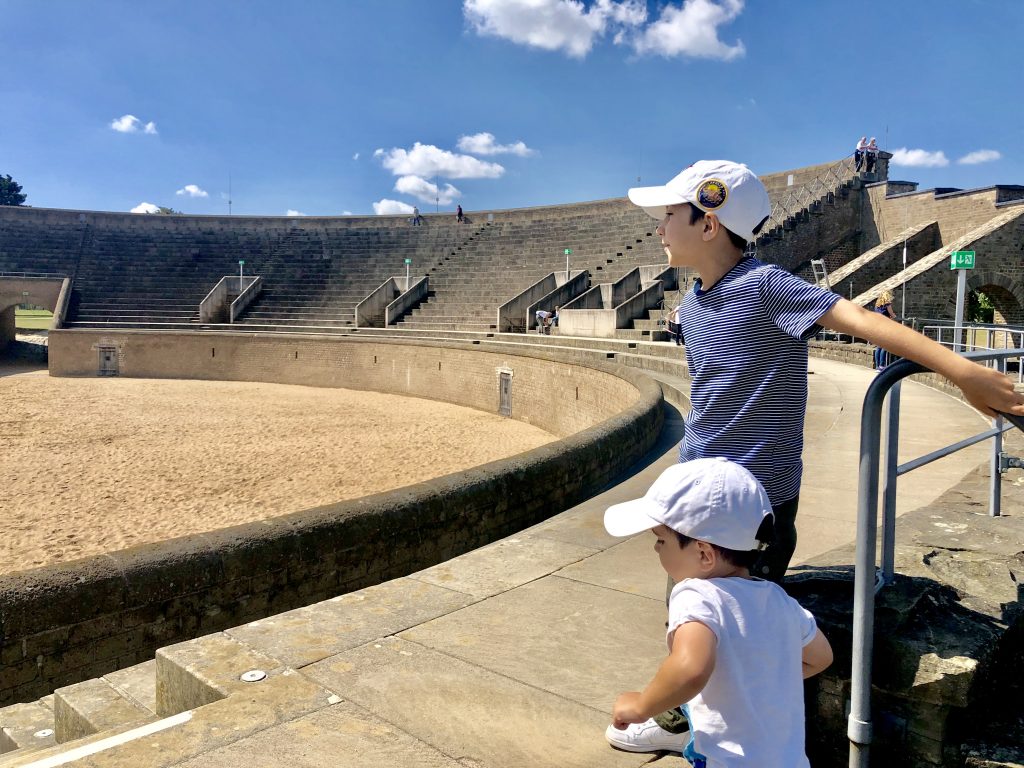
This bond is not rigid and unchangeable; on the contrary, it undergoes several variations and remodelling during all phases of the life cycle. When the presence of any disability accompanies this bond, it takes on peculiar characteristics which shouldn’t underestimate. The relationship between siblings is significant. It is often the longest relationship that we will have in life and consequently will have a substantial effect on our development. When a brother has a disability or chronic illness, the link can undergo a considerable change. For example, there is often more empathy and altruism in these brothers and more understanding for people with disabilities.
Most siblings of a person with a disability will be able to say that there are good and not very good aspects of their experience. It is also up to us parents to act as moderators.
In the relationship between brothers and sisters in the dimension of diversity, parents have an irreplaceable role in facilitating and supporting the fraternal bond, especially in the relationship with the child with disabilities.
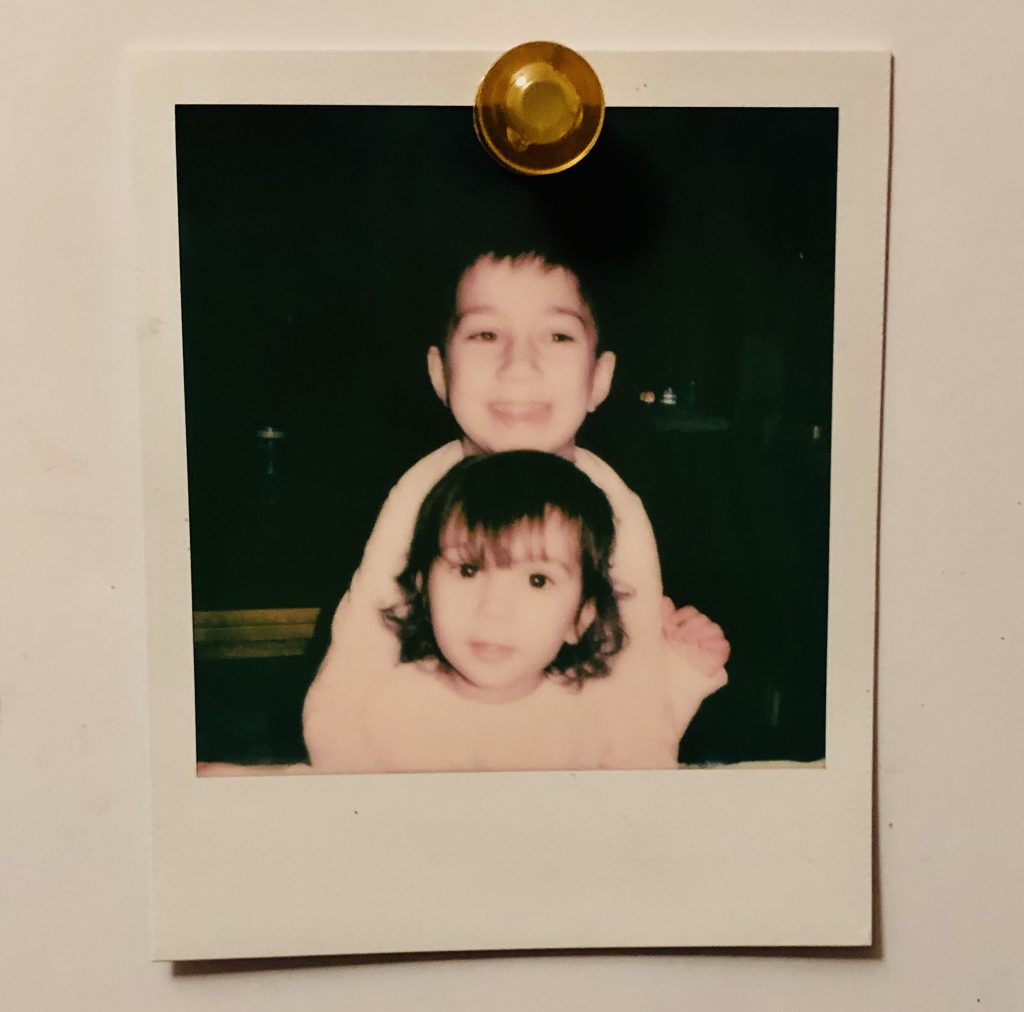
Excellent and durable bonds should be nurtured and respected. They are incredibly precious.
That’s why it is so special about this unconventional relationship? It is like no other relationship in the world. The bond between brothers is in itself unique and specific, made up of aspects articulated among them in a profound, complex and dynamic way. It is a relationship particularly exposed to change, yet of very long duration because once you are brothers, you are forever.
The relationships between siblings where a disability is present are much much more. It’s pure vibration. There is a unique, naturally robust, unrepeatable and extraordinary bond between humans beings.
